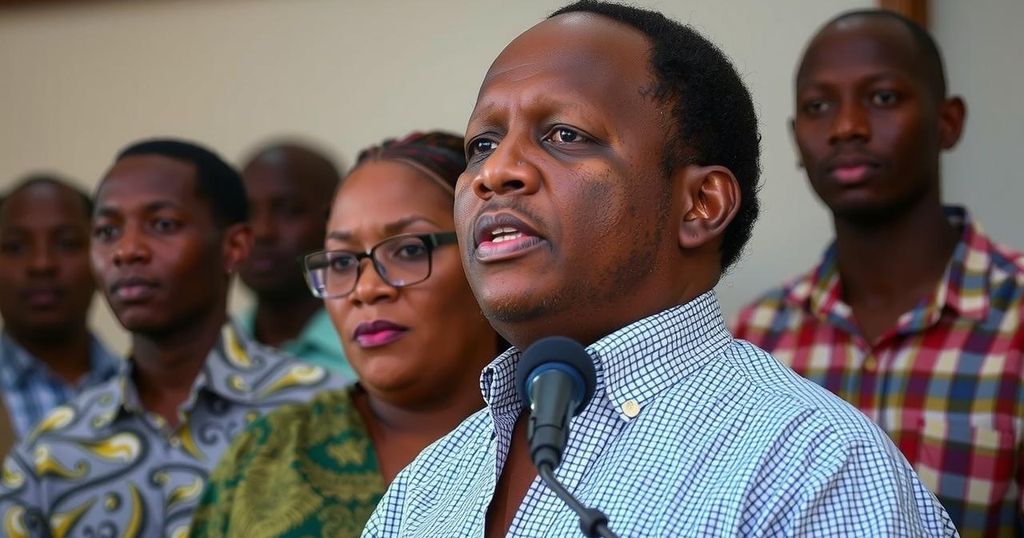Mozambique’s Post-Election Crisis: Challenges Ahead for President-Elect Daniel Chapo

Following Mozambique’s disputed elections in October 2023, President-elect Daniel Chapo faces significant challenges in resolving a deepening political crisis. With renewed protests led by opposition supporters, Chapo aims to initiate reconciliation but risks igniting internal conflicts within the ruling party. The situation poses potential disruptions to economic activity and regional trade.
Mozambique is currently grappling with a critical political crisis following the disputed general election held on October 9. Despite being confirmed as the winner by the Constitutional Council on December 23, Daniel Chapo, the candidate from the ruling Frelimo party, will navigate a challenging path to stabilize the nation. His victory has been contested by opposition leader Venancio Mondlane, whose supporters have responded with renewed protests, reflecting heightened tension. Chapo aims to initiate a reconciliation dialogue post-inauguration on January 15, but he faces pressure to compromise while avoiding potential conflicts within his own party.
The unrest following the election highlights the political volatility within Mozambique. Observers, including Mondlane, have characterized the elections as flawed, further intensifying public discontent. Chapo’s commitment to pursue dialogue may provide a pathway toward resolution, yet the risk of internal discord within the Frelimo party looms large. The continued protests signal deep divisions in the political landscape, posing risks to both economic stability and regional trade dynamics, which could influence Chapo’s approach moving forward.
The political climate in Mozambique has been tumultuous, particularly following the contested elections in October 2023. The Frelimo party, which has held power since the country’s independence, is now under scrutiny for its electoral integrity. The recent confirmation of Daniel Chapo’s presidency by the Constitutional Council was met with skepticism and unrest, especially from opposition groups who allege electoral fraud. This backdrop raises significant concerns regarding governance, civil unrest, and the broader socio-economic implications for Mozambique and its relations with neighboring countries.
In summary, Mozambique’s political landscape remains fraught with tension following the recent elections that have been deemed controversial by opposition figures and international observers. President-elect Daniel Chapo’s proposed dialogue initiative signifies a step toward potential reconciliation. However, the risks of intra-party conflict and ongoing public dissent present significant challenges that must be addressed to stabilize the country and ensure economic continuity.
Original Source: worldview.stratfor.com







